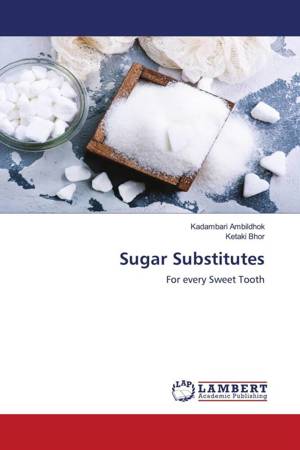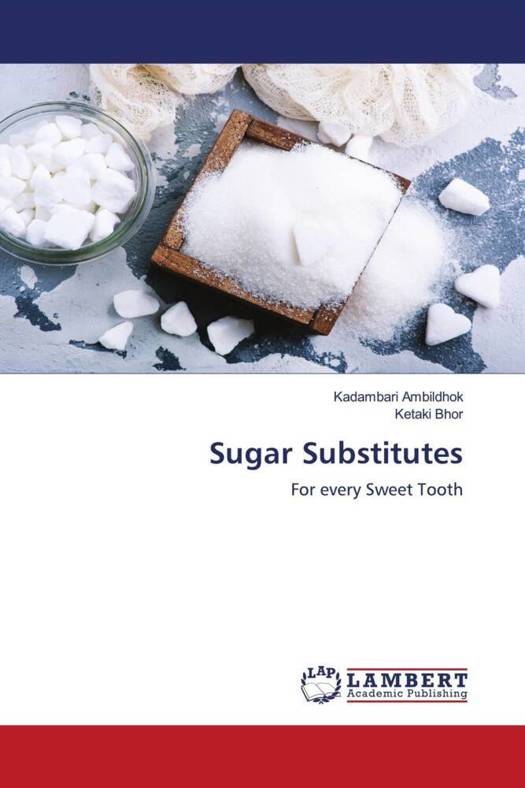
- Afhalen na 1 uur in een winkel met voorraad
- Gratis thuislevering in België vanaf € 30
- Ruim aanbod met 7 miljoen producten
- Afhalen na 1 uur in een winkel met voorraad
- Gratis thuislevering in België vanaf € 30
- Ruim aanbod met 7 miljoen producten
€ 61,45
+ 122 punten
Omschrijving
Sweetness is the taste that is strongly identified with celebration and happiness. Having a sweets tooth has been described as a "human weakness," as evidenced by the ubiquity of sugar bowls, candy counters, automatic candy machines, bakery and pastry shops, and the soda fountain. Fruits, berries, and honey were the earliest sweet foods known. The majority of sugar substitutes approved for food use are artificially synthesized compounds. However, some natural sugar substitutes are known including sorbitol and xylitol, which are found in berries, fruit, vegetables and mushrooms. Other natural substitutes are known but are yet to gain official approval for food use. Another important group of non-sugar sweeteners are the polyols. These are generally less sweet than sucrose, but have similar bulk properties and can be used in a wide range of food products.
Specificaties
Betrokkenen
- Auteur(s):
- Uitgeverij:
Inhoud
- Aantal bladzijden:
- 152
- Taal:
- Engels
Eigenschappen
- Productcode (EAN):
- 9786203855135
- Uitvoering:
- Paperback
- Afmetingen:
- 150 mm x 220 mm

Alleen bij Standaard Boekhandel
+ 122 punten op je klantenkaart van Standaard Boekhandel
Beoordelingen
We publiceren alleen reviews die voldoen aan de voorwaarden voor reviews. Bekijk onze voorwaarden voor reviews.










